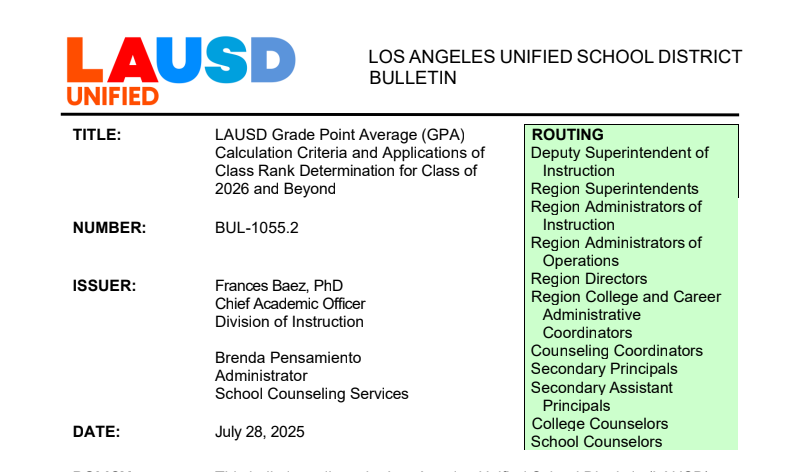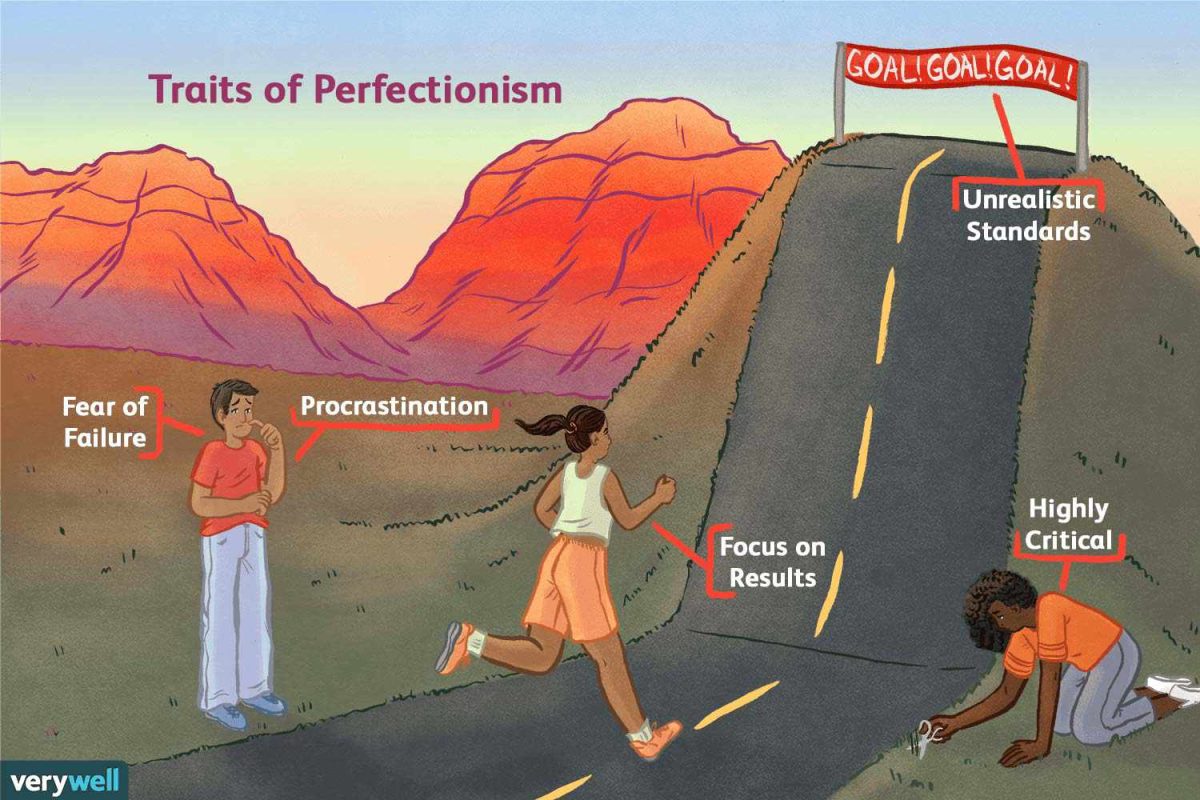In today’s world, the pressure to be perfect is everywhere. From social media feeds to the constant demands of school, work, and personal life, it feels like perfection has become the ultimate goal. But what´s often overlooked is the heavy toll this pursuit of flawlessness takes on our mental health and happiness.
Social media platforms have become a double-edged sword. They connect us to friends, trends, and opportunities, but they also fuel unrealistic comparisons. We scroll through endless photos of influencers with perfect lives, flawless skin, designer clothes, luxurious vacations. These snapshots often lead to internal questions: Why don’t I look like that? Why isn’t my life as exciting?
For 19 year old Maya Tarakchyan, social media created an unattainable standard. ¨I used to spend hours comparing myself to influencers,¨ she shared. ¨Even though I knew the photos were edited, I couldn’t help but feel like I wasn’t good enough. It really messed with my confidence.¨
What’s often hidden, however, is the truth behind these images. Many images are heavily filtered, staged, or edited to show only the best moments. Yet, even knowing this, it’s hard not to feel inadequate when your own life seems messy and imperfect in comparison.
The pressure to be perfect does not stop at social media. For students, it shows up in the constant push for straight As, impressive extracurriculars, and a flawless college application. At work, it manifests in the pressure to excel in every task, climb the career ladder quickly, and maintain a work-life balance.
¨I remember crying every night during finals week,¨ says Ethan Gardiner, a college junior. ¨It felt like I didn’t get a perfect GPA, I’d let my family down. The pressure was crushing.¨
Even at home, family expectations can add another layer of stress. Parents may unintentionally set high standards, saying things like, ¨You need to work harder if you want to succeed.¨ While well-meaning, these messages can make even small failures feel like catastrophic setbacks.
This relentless pursuit of perfection comes at a cost. Perfectionism has been linked to higher levels of anxiety, depression, and burnout. Constantly striving to meet unrealistic expectations can leave people feeling exhausted, unfulfilled, and perpetually inadequate.
For many, this cycle begins early. ¨I started feeling this pressure in middle school¨, says Movsessian, now 17. ¨Everyone wanted to have the best grades, the best clothes, the most followers. It felt like no matter what I did, I was ever enough.¨
Young people today are more perfectionistic than previous generations, partly due to the pressures of social media and the competitive nature of academics and careers. They feel they must excel in every aspect of life– appearance, achievements, and relationships–or risk being seen as a failure.
The truth is, no one’s life is perfect. Influencers who post glamorous photos often deal with their own struggles behind the scenes. The ¨perfect¨ student may be battling stress and sleepless nights. Even the most successful professionals face moments of self-doubt and failure.
¨People always assumed I had it all together,¨ said Sarah Wilson a 28-year-old marketing executive. ¨But what they didn´t see were the nights I stayed up late, doubting myself, or the therapy sessions I needed to deal with the burnout.¨
Perfection is an illusion, and chasing it only leads to frustration. Recognizing this can be freeing. Instead of striving for perfection, we should focus on progress, personal growth, and authenticity.
So how can we break free from the pressure to be perfect? It starts with changing our mindset. Here are a few steps to help:
- Limit social media use: Take breaks from platforms that make you feel inadequate. Follow accounts that inspire rather than pressure you.
- Celebrate imperfections: Acknowledge that everyone makes mistakes and has flaws. It’s what makes us human.
- Set realistic goals: Focus on what is achievable and fulfilling rather than trying to excel in every area of life.
- Prioritize mental health: Seek help when needed, whether through therapy, talking to loved ones, or practicing mindfulness.
The pressure to be perfect is a heavy burden, but it is one that we do not have to carry. By rejecting society’s unrealistic standards and embracing authenticity, we can find greater peace and happiness.
I have learned that being real is more important than being perfect,¨ said Maya Torres. ¨Once I stopped trying to meet impossible standards, I finally felt free.¨
Life isn’t meant to be flawless; it’s meant to be real, messy, and uniquely ours. The only standard that you truly really need to meet is yours.
























